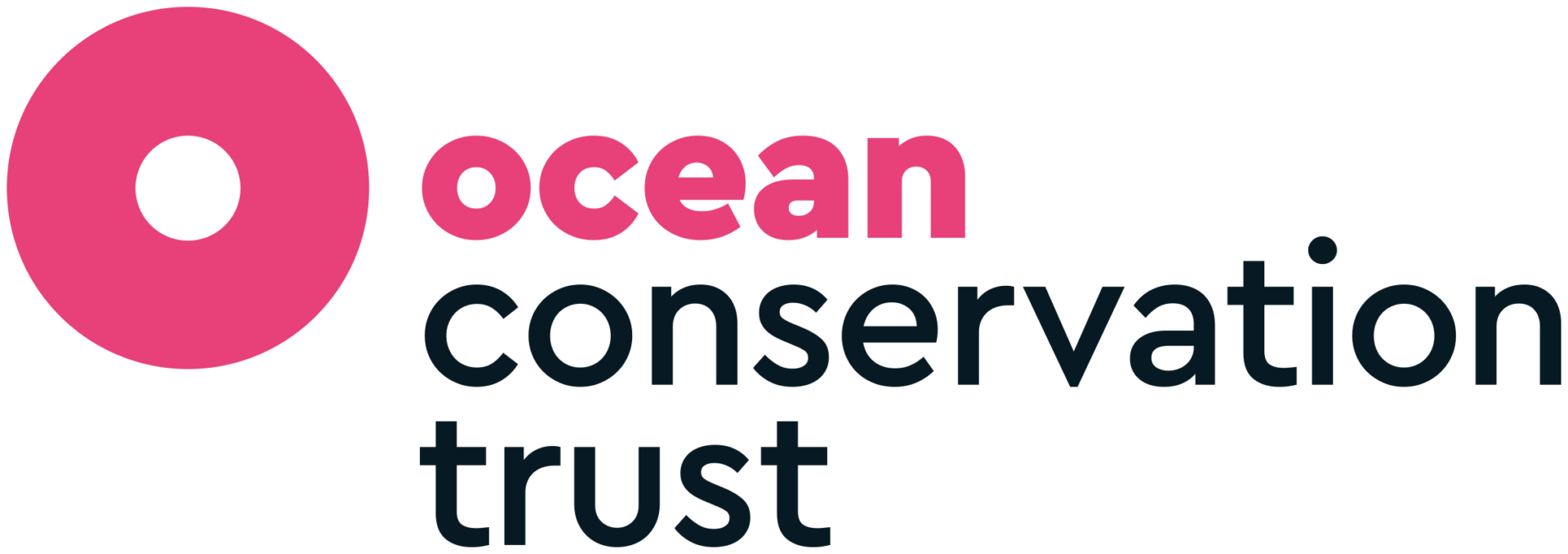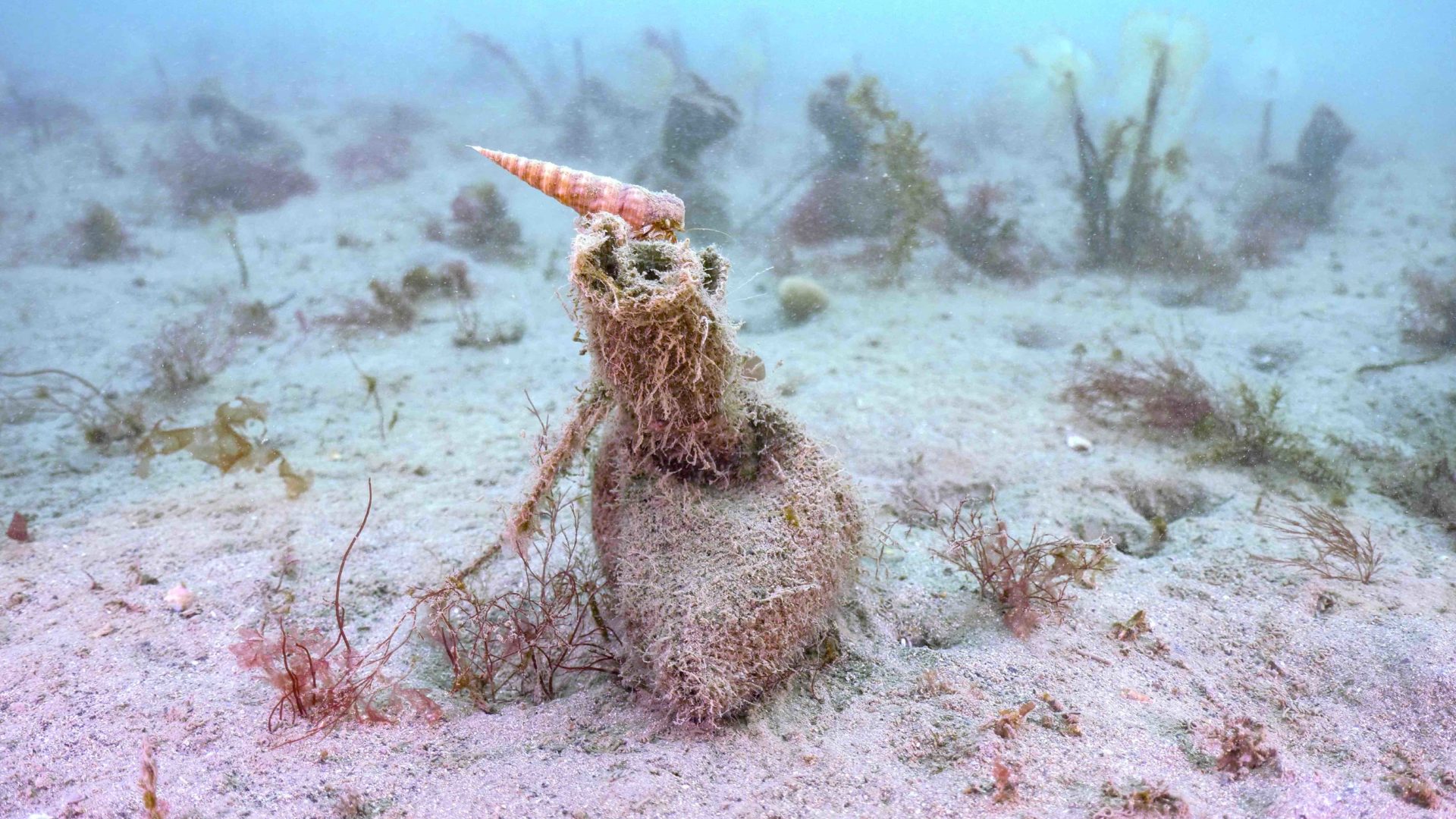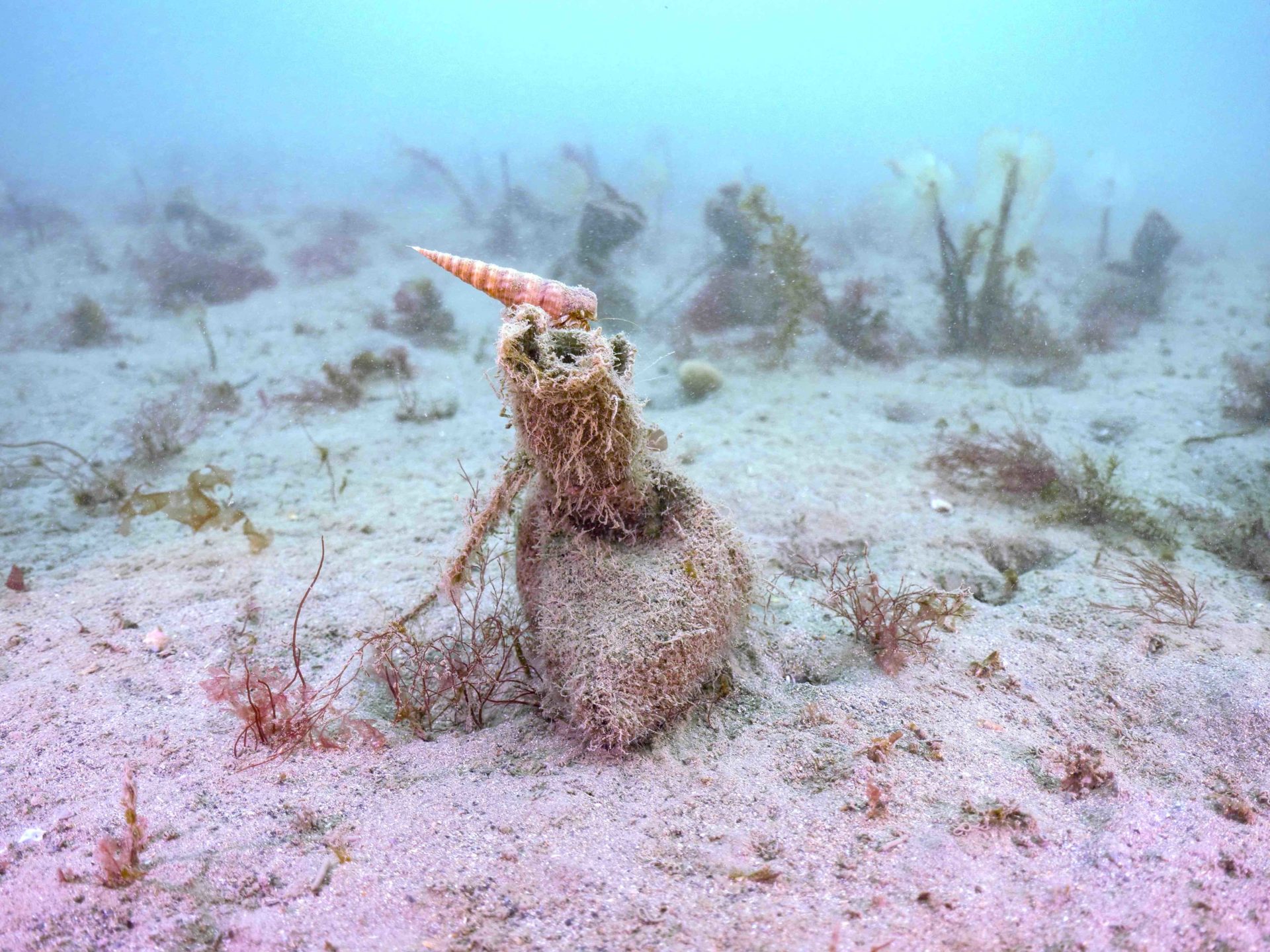Today, on 21st April 2021, work on England’s largest seagrass planting programme is taking place in Plymouth Sound National Marine Park.
A total of 16,000 seagrass seed bags and 2,200 seedling bags are being planted by the Ocean Conservation Trust (OCT) as part of the LIFE Recreation ReMEDIES project being led by Natural England to help support and improve the resilience of our marine environment.
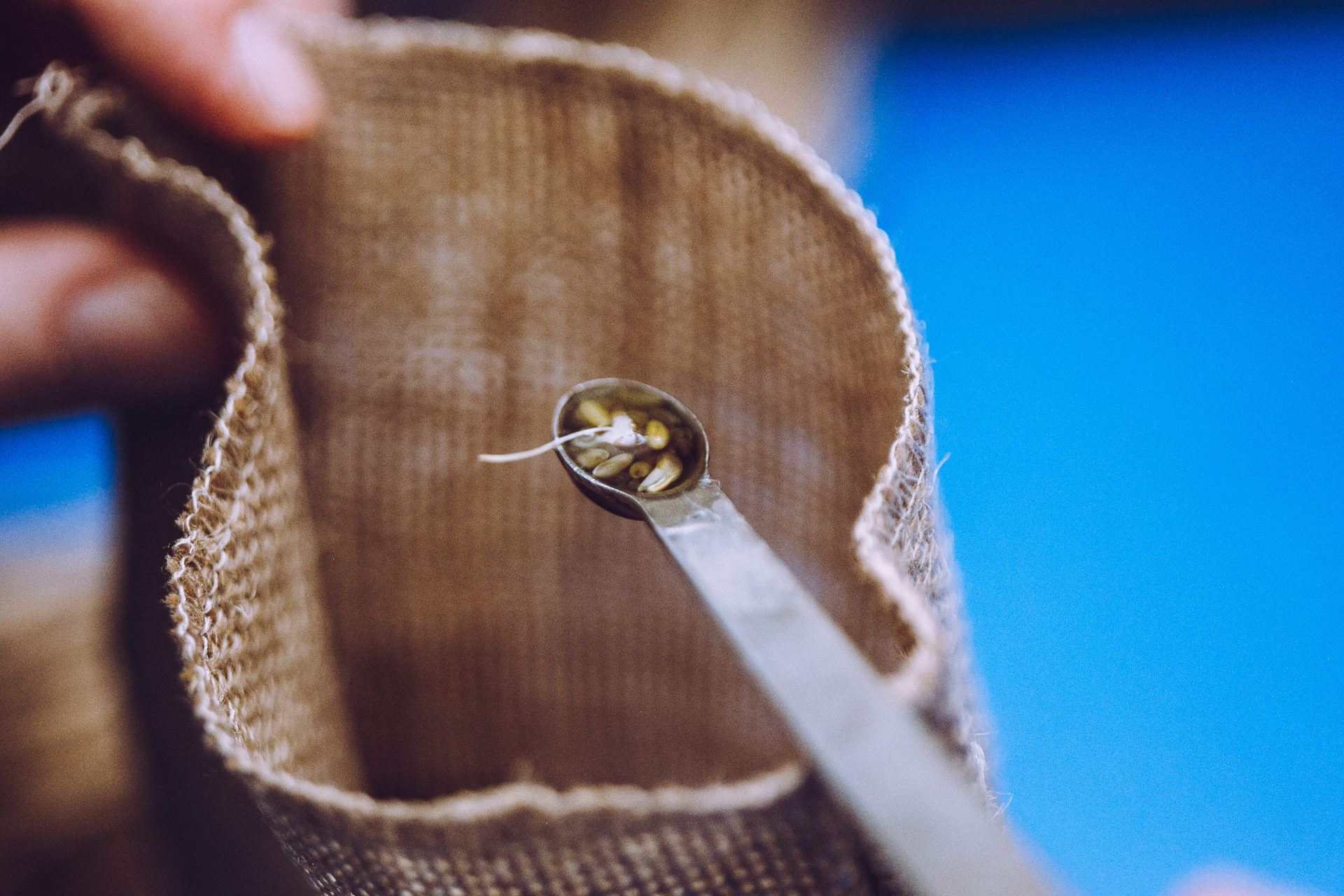
The four-year project aims to plant a total of eight hectares of seagrass meadows – four hectares in Plymouth Sound and four hectares in the Solent Maritime Special Area of Conservation.
This work is extremely important as it is estimated that the UK may have lost up to 92 per cent of its seagrass1. Factors including wasting disease, pollution and physical disturbance have been identified as contributing causes.
By planting seagrass in the Sound, the project hopes to create more seagrass meadows which provide homes for juvenile fish and protected creatures like seahorses and stalked jellyfish. Seagrass also has an integral role in stabilising the seabed, cleaning the surrounding seawater and capturing and storing significant amounts of carbon.
The OCT has been leading the restoration work as a project partner. All the seagrass seeds have been bagged at the National Marine Aquarium in Plymouth by Aquarium and OCT staff, as well as volunteers. Seedlings have been growing in the Aquarium’s special seagrass laboratory since January.
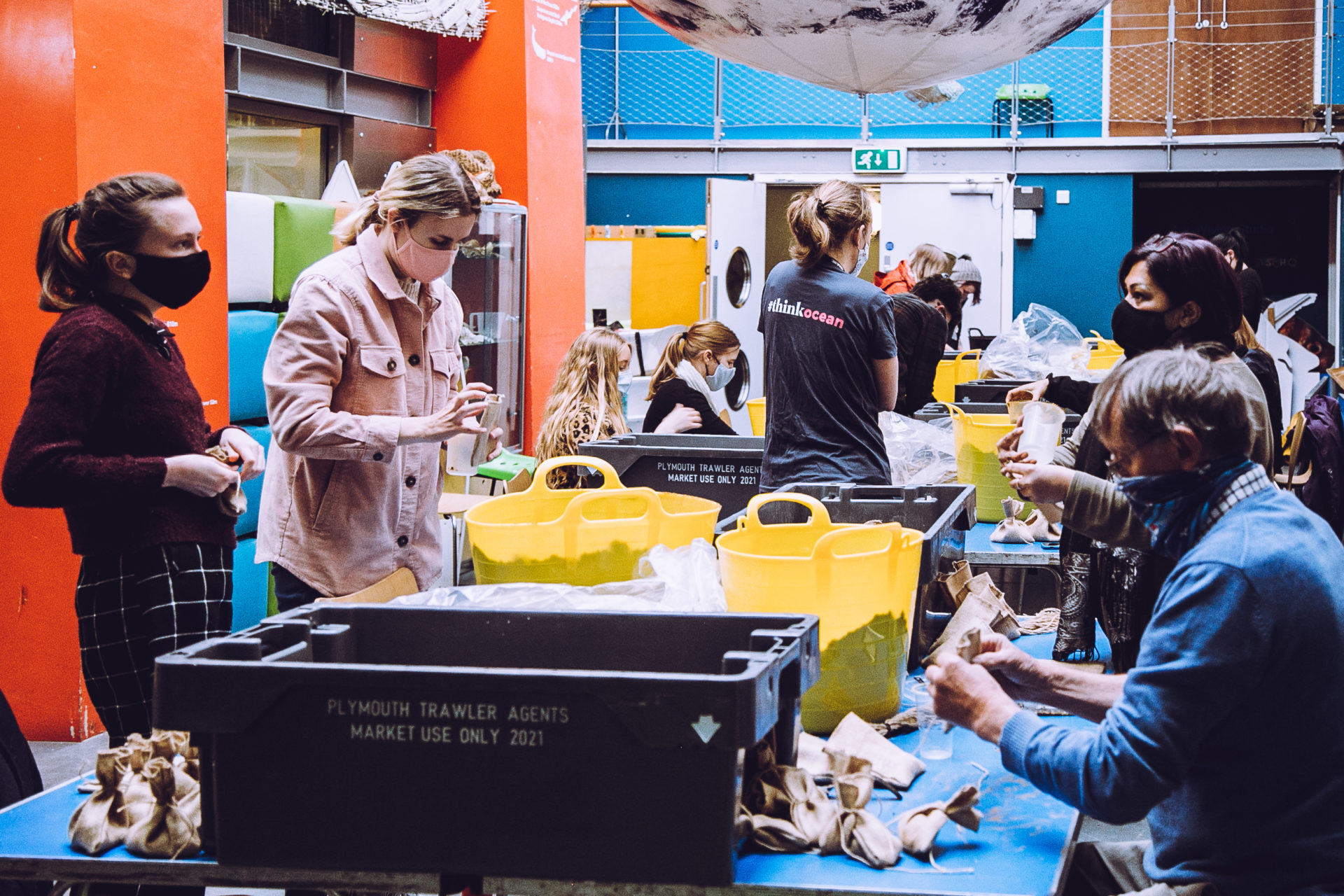
ReMEDIES is funded by the EU LIFE programme and led by Natural England in partnership with Ocean Conservation Trust (OCT), Marine Conservation Society, Royal Yachting Association and Plymouth City Council/Tamar Estuaries Consultative Forum.
Mark Parry, Development Officer at Ocean Conservation Trust, said:
“Our first successful planting effort is only possible because of all the hard work of the partners in the LIFE ReMEDIES project. These events have taken over 12 months of planning and include a combination of volunteers who have visited the National Marine Aquarium creating our planting units and our dive volunteers. This truly is a community effort.
“It is incredible to see the support from local communities supporting habitats for our animal coastal communities, a very proud moment.”
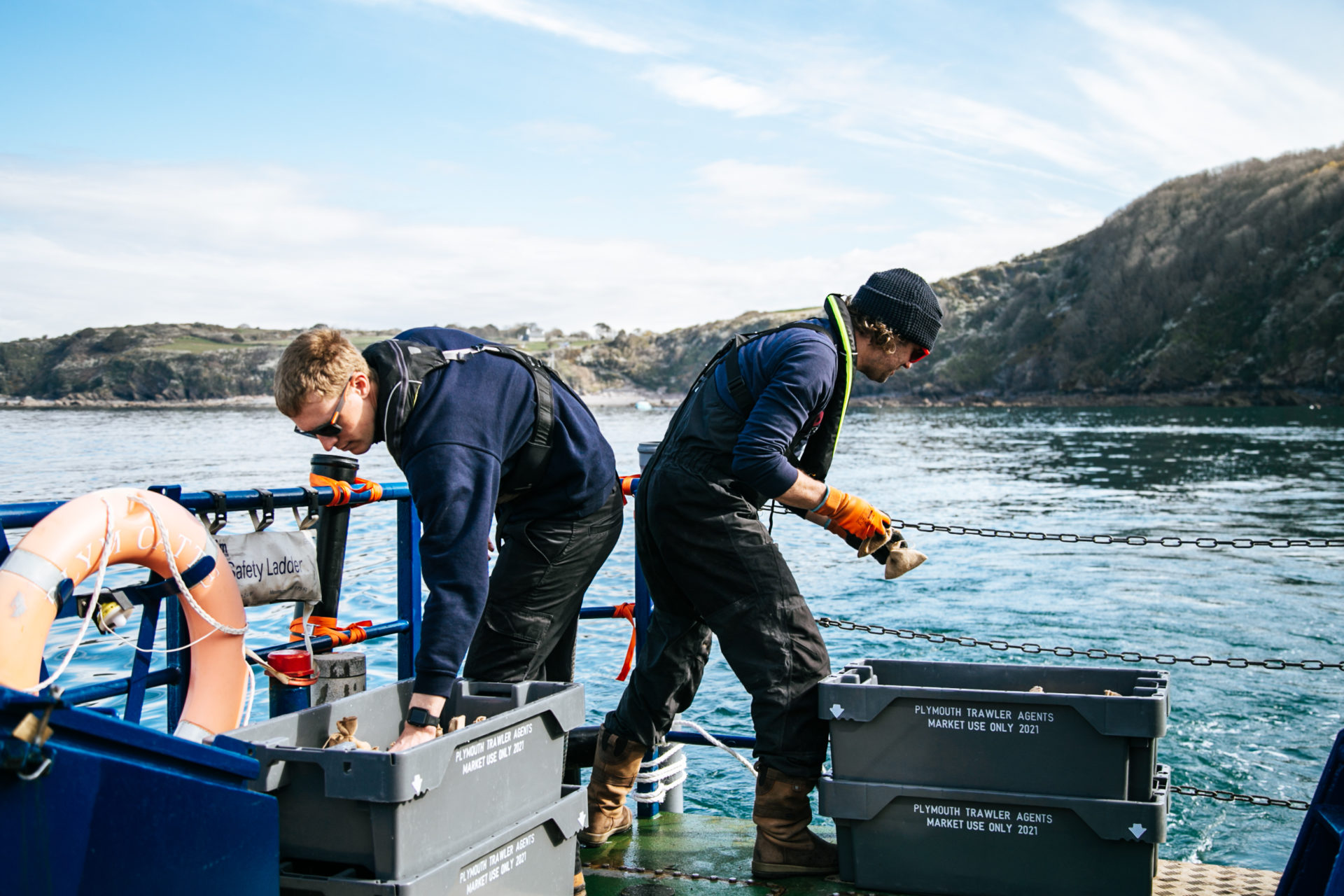
Paul Barnard, Service Director for Strategic Planning and Infrastructure at Plymouth City Council, said:
“We’re really pleased to be a partner in this exciting ReMEDIES initiative in Plymouth Sound, which not only supports our ambition to become a National Marine Park but also marks an important action in our Climate Emergency Action Plan.
“By working together, we can raise awareness about the importance of seagrass, reduce the impact on these sensitive habitats and encourage both local communities and visitors to help look after our ‘blue’ environment for the future.”
Seagrass is delicate and can be damaged by activities such as the anchoring, mooring and launching of leisure boats, as well as other shore- and water-based activities. That’s why, in addition to planting new seagrass meadows, ReMEDIES is working to protect existing ones by helping recreational users to minimise impacts on these sensitive habitats.
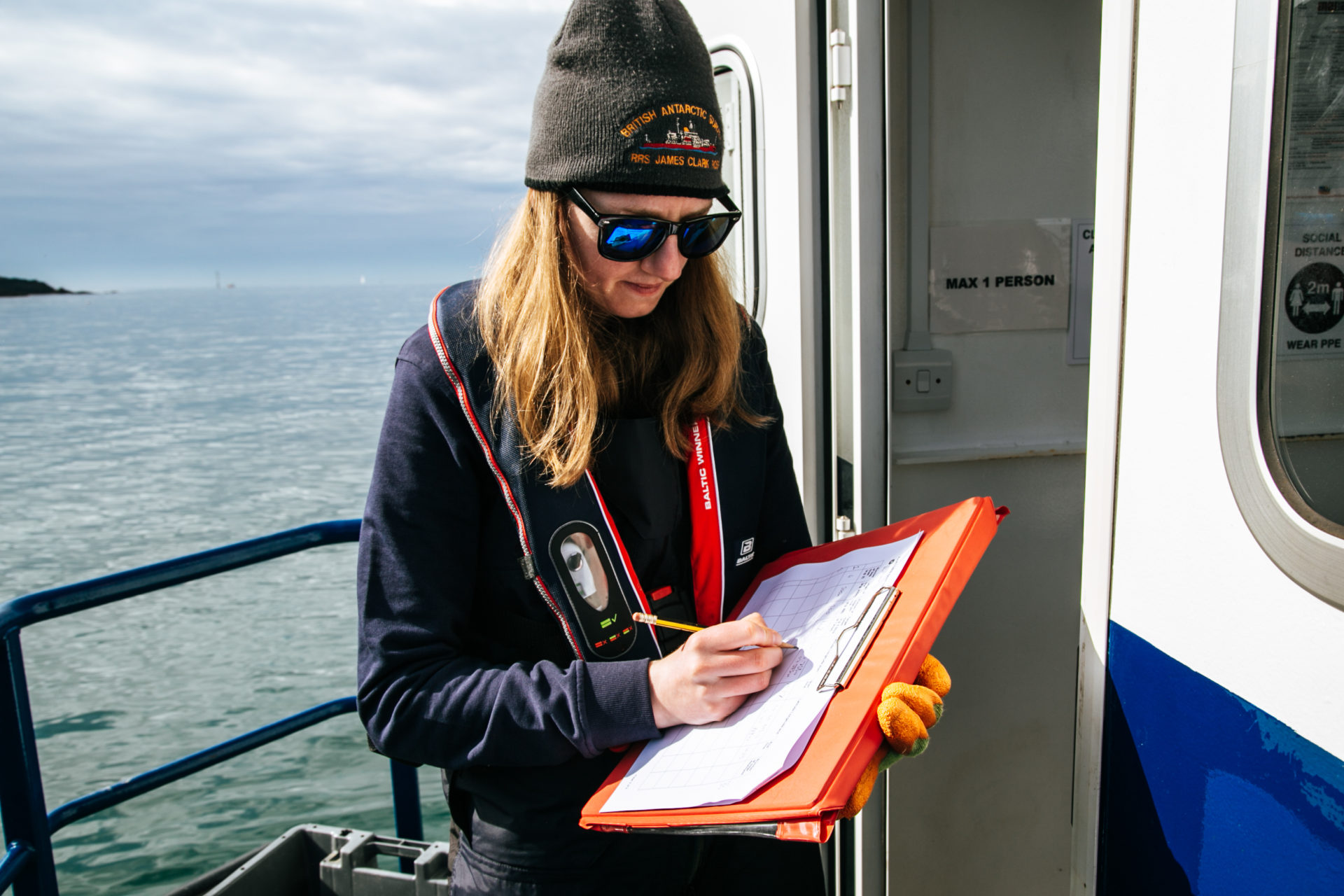
Natural England and ReMEDIES partners plan to extend the benefits of this work beyond the UK to assist with international marine recovery efforts. Techniques and evidence gathered will be captured and shared with marine conservation organisations across Europe to allow them to learn from and replicate the work.
The Ocean Conservation Trust’s involvement in this project has been steered by Mark Parry, our Development Officer, Dr Emma Nolan, our Seagrass Cultivation Officer with assistance from Loveday Trinnick, our Remedies Education Officer.
The success of this project could not have happened without all the amazing volunteers who gave their time over the past month. Thank you to Farmable Foundation, Sound Diving Plymouth, Falmouth Marine Conservation Group, MCS Sea Champions, National Marine Aquarium staff and everyone else who took part for the bag packing efforts.
Thank you for the logistical support from Plymouth Trawler Agents for loaning us fish boxes, Cattewater Harbour Commissioners who provided the barge and Bags of Ethics / Supreme Creations for the hessian bags.
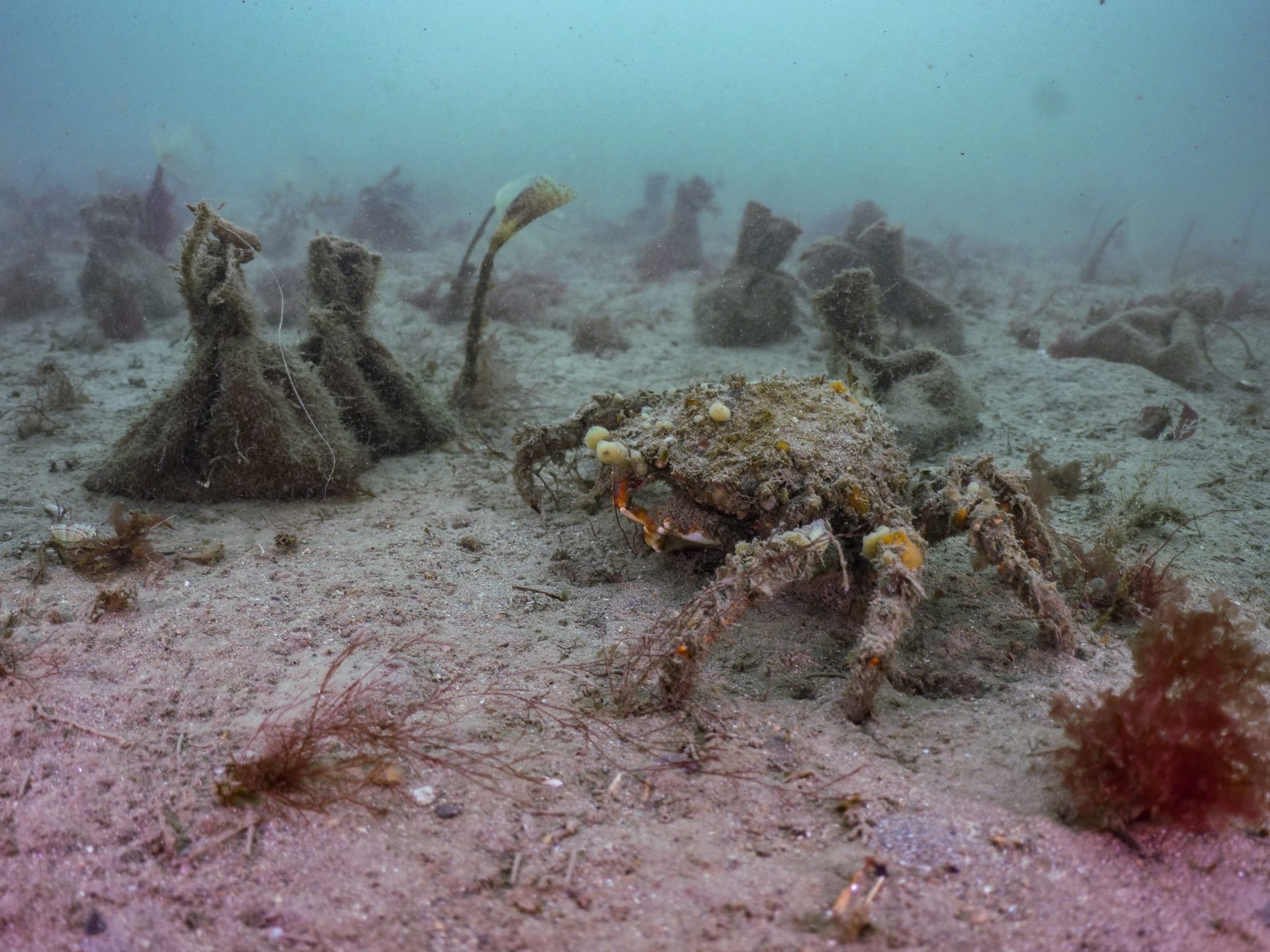
We look forward to monitoring the planting site and feeding back on the progress and success of the seagrass seedlings.
To learn more about LIFE Recreation ReMEDIES, please visit the new website: www.saveourseabed.co.uk.

